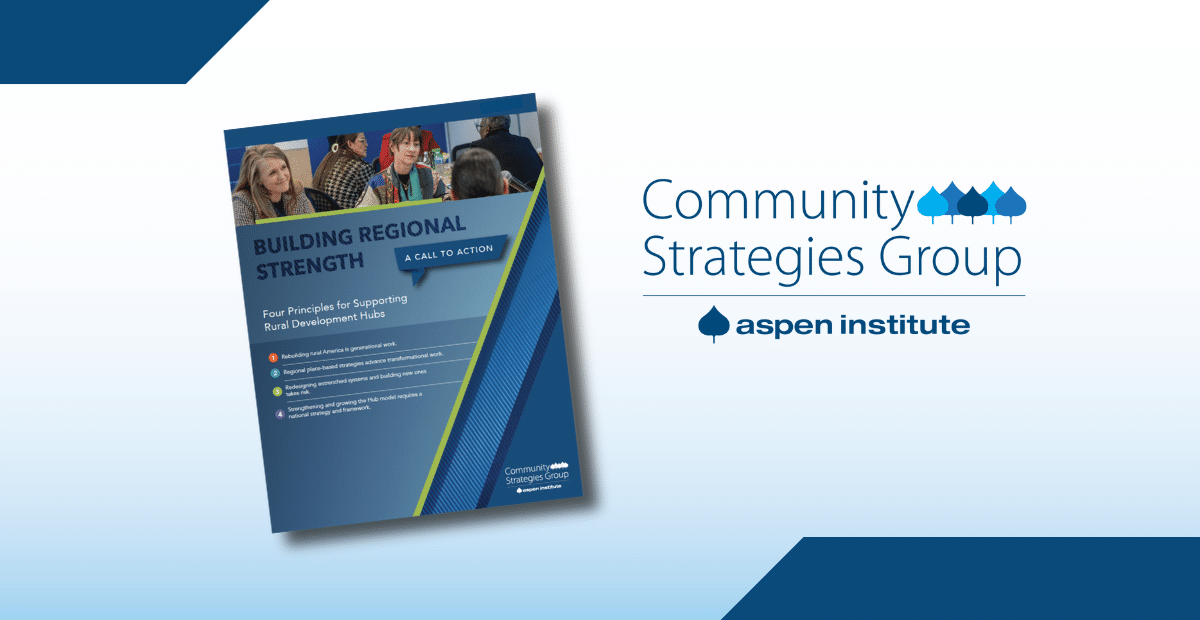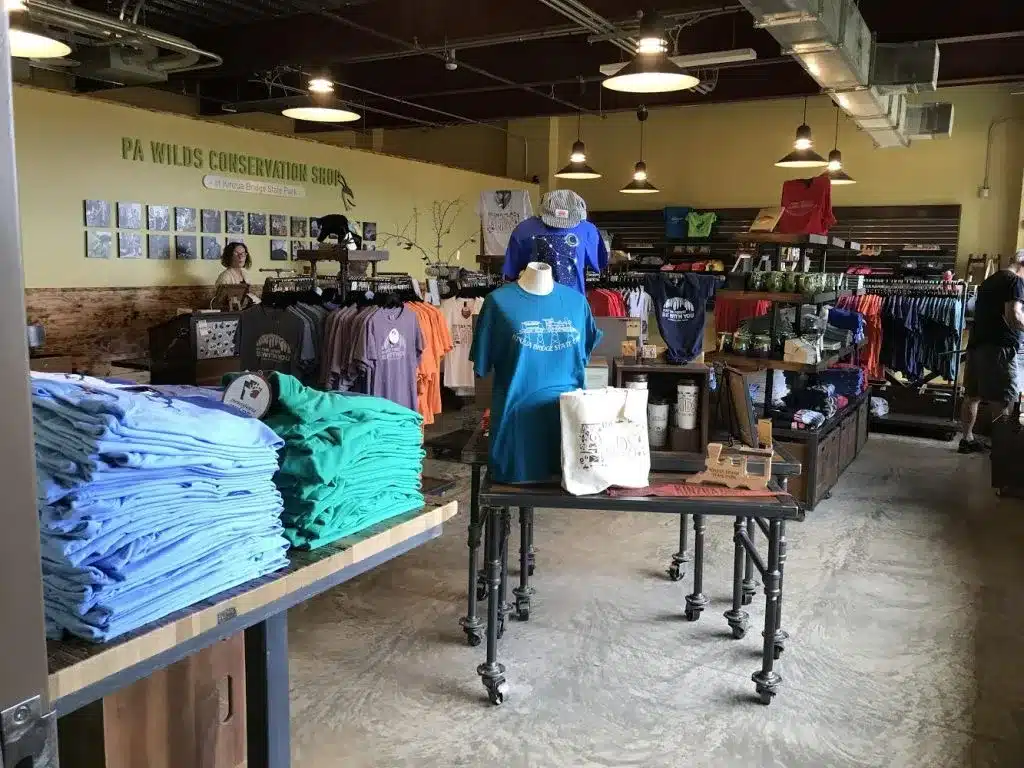View this Publication
This document, “COMMUNITY BUILDERS: A Process for Revitalizing Rural America,” details a program launched in Nebraska to foster economic development in rural communities. Here’s a summary of its key aspects:
- Program Overview: Community Builders is a process that identifies, encourages, and empowers citizens to build strong and viable local economies, particularly in rural areas. It emphasizes local initiative, historical understanding, and inter-community cooperation.
- Historical Context: The program addresses historical limitations in Nebraska, such as constitutional restrictions on public funds for economic development and an over-reliance on agriculture, aiming to shift communities towards a more diversified economic future.
- Leadership Model: It distinguishes between traditional “conservator” leaders (e.g., mayors, city council members) and “community builders” (e.g., business owners, activists) who are risk-takers essential for economic growth. The program focuses on developing the latter.
- Process: The Community Builders process involves monthly workshops over six months, where 3-5 participants from a cluster of communities tour host towns, discuss economic development topics, and learn from service providers. Alumni serve as mentors for new participants.
- Impact and Successes: Pilot programs in Southwest Nebraska, Custer County, South Central Nebraska, Johnson-Pawnee, West North Central, and Cornhusker regions have led to increased economic development awareness, new businesses, expanded existing businesses, and regional cooperation. Specific examples include the formation of a Home-Based Business Association, a regional united chamber of commerce, and an Internet node project.
- Partnerships: The program is sustained through partnerships with local communities, regional development organizations, the Nebraska Department of Economic Development, the Center for Rural Community Revitalization-UNL, the Nebraska Development Network Inc., the Nebraska Rural Development Commission, and the Nebraska Community Foundation.
- Evaluation Findings: A formal evaluation found that Community Builders participants tend to be younger, more female, and have lower household incomes than traditional leaders, indicating increased diversity in community leadership. While both groups volunteer, participants are more likely to have increased their involvement and to have participated in multi-community economic development efforts.
- Challenges and Lessons Learned: Challenges include sustaining the process, remaining connected with graduates, securing institutional support, and coping with large geographical areas. Lessons learned emphasize charging fees for modules, organizing and training coordinator/facilitator teams, the importance of regional group involvement, and the value of community tours. It also highlights the need to better link traditional and emerging leaders.







